Film director David Lynch has received the prestigious Smithsonian American Ingenuity Award for his innovative leadership in education through the David Lynch FoundationSM (DLF), which has been improving children’s lives in underserved schools with the TM-based “Quiet Time” program since 2005. Lynch will be honored in Washington, DC, on December 8, as one of “17 People Changing Your Universe.”
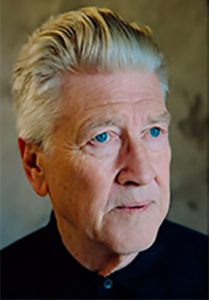
Film director David Lynch
Smithsonian magazine’s current issue, “Genius Happens,” features a profile of Lynch and the impressive achievements of the “Quiet Time” program in schools in New York, Detroit, San Francisco, Los Angeles, and Washington, DC. Journalist Jennie Rothenberg Gritz, in her article titled “Peacemaker,” explores the sources of Lynch’s mission to bring inner peace to high-stress groups, from urban schools to veterans with PTSD, the homeless, and others.
She also reports that the University of Chicago’s Crime Lab recently began a three-year randomized study of the Quiet Time program—the largest of its kind—in Chicago and New York City public schools, which are among the most dangerous and stressful in the country. Half of 6,800 student participants will be randomly assigned to learn the Transcendental Meditation® (TM) technique, and the other half will engage in quiet activities. The schools will track data, such as grades, test scores, disciplinary incidents, and police records. Crime Lab researchers hope to get approval for measuring stress-related biomarkers such as cortisol levels as well.
“For Lynch, reducing stress is only the first step,” writes Gritz. “He wants to see today’s schoolchildren become artists and independent thinkers—perhaps even eccentric filmmakers in their own right. ‘Stress is like a vise grip on the creativity of young people,’ he says. ‘Give them a tool to reduce their stress and wake up their brain, and there’s no limit to what they can create.’ ”
Read the full Smithsonian article ►
Learn more about the David Lynch Foundation’s educational programs ►
“For Lynch, reducing stress is only the first step. He wants to see today’s schoolchildren become artists and independent thinkers—perhaps even eccentric filmmakers in their own right.” —Jennie Rothenberg Gritz

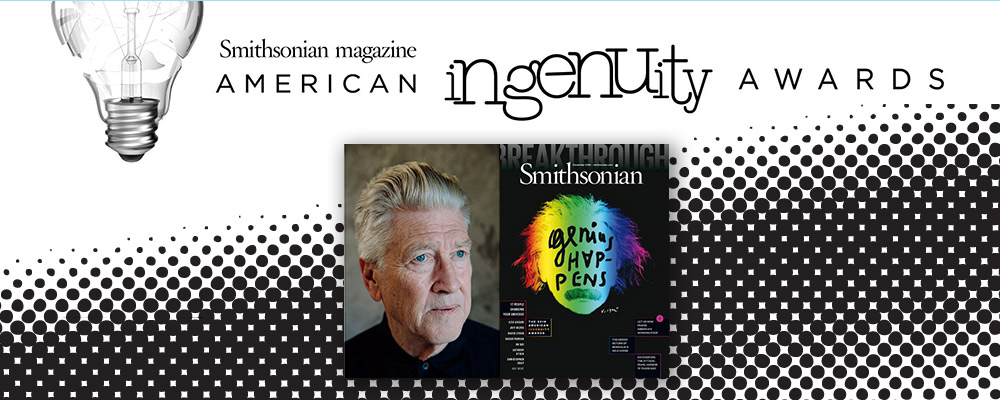

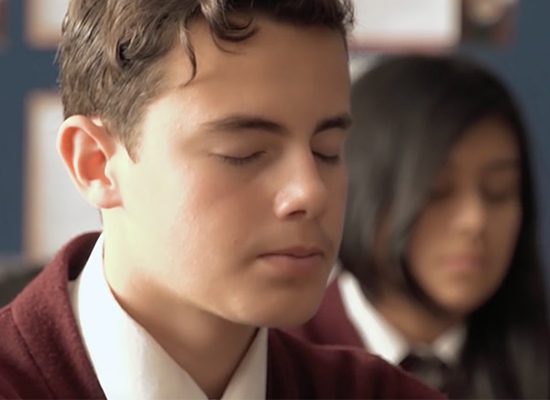
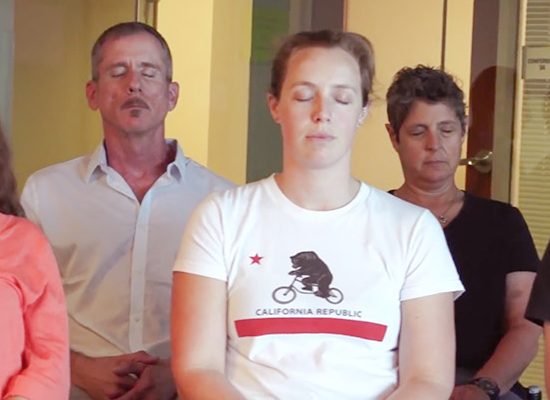
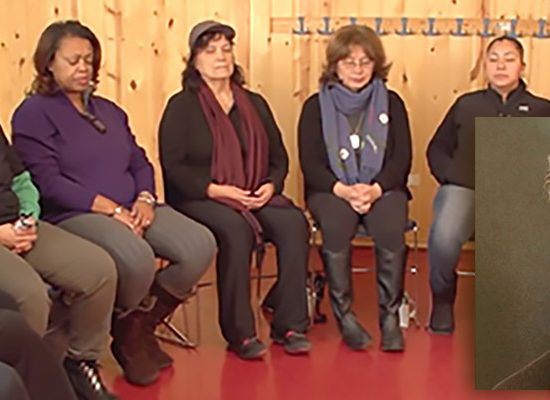
After almost 30 years of doing TM at least once but usually twice a day I stopped. I went through a difficult period and couldn’t stand to be quiet with myself. I was suffering from depression, on three medications, and still felt awful. I had no interest in anything and I couldn’t find the motivation to get up and do anything so there were days I literally did nothing, except maybe walk my dogs. Today I am doing TM again, off all meds, and my energy feels boundless. I am interested in EVERYTHING, and problems that were overwhelmingly challenging suddenly have simple solutions that just seem to present themselves. I will never stop meditating again.
Thank you for sharing your story, Christine. I’m so glad to hear that returning to your TM practice helped you not only to reconnect with yourself after a difficult period, but find even greater energy, happiness, and creativity. That’s wonderful. Your story shows how easy and valuable it can be to get back to TM, no matter if one has been away for a while. Thanks so much, and all best wishes.
David Lynch is a major hero of our age!!! I find his work to be so inspiring and consequential, and incredibly timely and URGENT!!! Hats off to you, David Lynch!!!
We couldn’t agree more! Thanks for your comment, Scott, and all best wishes for the New Year.